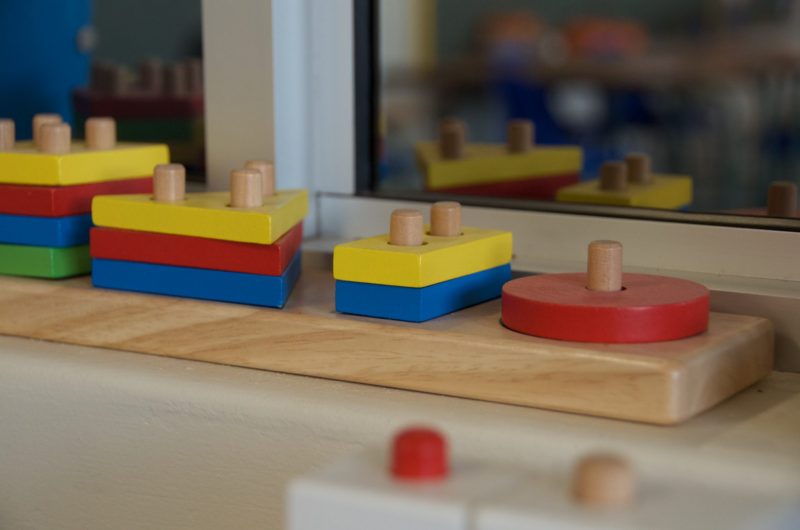Authors: Barbara Schneider, Joseph Krajcik, Jari Lavonen, Katariina Salmela-Aro, Michael Broda, Justina Spicer, Justin Bruner, Julia Moeller, Janna Linnansaari, Kalle Juuti, and Jaana Viljaranta
Students who feel confident of meeting challenges are happy students – and when this situation is experienced in science classes, they are more likely to feel that science is important to them and their futures. So why is science learning so beset by lack of interest and motivation?
Education authorities in the USA and Finland had that problem in mind when they designed new science instructional practices that emphasise not only the cognitive aspects of learning, but also the affective aspects – that is, how the students feel. When students are interested, challenged, and looking forward to the next lesson, they are said to be engaged in their subject.
To determine how often students were engaged in their science classes, and their feelings during these times, this study used a new methodology that recorded these experiences as they happened. Pre-programmed smartphones were given to 344 students. Each day for a week all the students received eight beeps on their smartphones, and were given some questions to answer about their feelings in class. Altogether, during the week of the study, each student received about seven beeps in science classes and 14 beeps in other academic classes.
The questions were: ‘Is the activity interesting?’; ‘Your skills in the activity’; and ‘Challenge of the activity’, and the students had to rate their response from 1 (low) to 4 (high). The researchers also collected information on learning enhancers (enjoyment, success, happiness, confidence, and feeling active); learning accelerants (stress and anxiety); and learning detractors (bored and confused). The students were also asked how important the current activity was to ‘self’ and ‘future’.
The study aimed to explore engagement among individuals and in groups and in different environments; to identify common social and emotional factors experienced in science classes and to suggest challenges in the implementation of the new U.S. and Finnish science standards.
Results indicated that when students are challenged, interested, and have the appropriate skill level, they are more likely to feel confident, successful, and happy during science activities. Boring and confusing lessons, as expected, detract from science learning. Perhaps most importantly, learning comes with some levels of anxiety and stress: students must work hard and persevere, and perhaps not expect always to feel comfortable. Teachers in the U.S. and Finland are often not trained in knowing when and how to balance interest, skill, and challenge with stress and anxiety so that they complement rather than undermine optimal learning moments.



